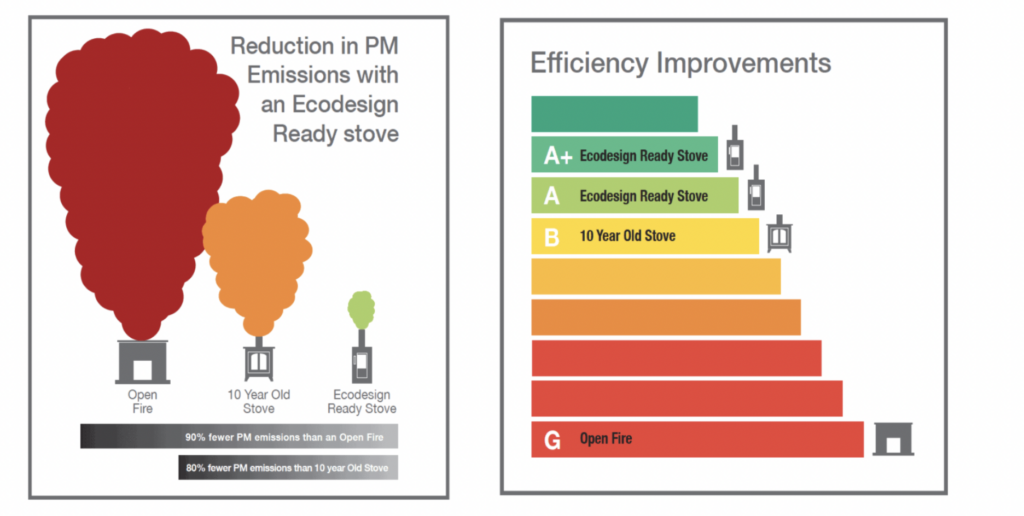UK Fuel Poverty – February 23 Update
In March last year, we produced an article about fuel poverty in the UK. This societal problem occurred mainly after the Russian invasion of Ukraine, which sent energy prices rocketing. Various organisations and charities made predictions about what could happen. It was estimated that the average domestic heating bill could reach a terrifying £3,000 a year by October 2022.
Energy Price Cap:
This was narrowly avoided thanks to the government’s Energy Price Cap, which was launched on 1st October and capped consumer energy bills to £2,500 a year until April 2024. However, during the Autumn Statement, the Chancellor, Jeremy Hunt, announced that this price cap would increase to £3,000 in April this year. Although last month, the boss of Ofgem, Jonathan Brearley said it was “possible” the price cap could drop to below £3,000 due to a fall in wholesale gas and electricity prices.
The Ofgem energy price cap for April to June will be announced on Monday 27th February – so things could change, again…
National Energy Action estimated in March 2022 that as a result of the energy price increases, some 8.5 million households could be in serious financial difficulty, which equates to around 30% of UK households.
According to their website now, they say that currently, some 6.7 million are currently in fuel poverty, which we would deem as “serious financial difficulty”. This works out at around 23% of UK households.
Going Off Grid:
Many of the estimations have been quite accurate. However, with these things, it’s very difficult to give an accurate prediction as things change so quickly. As a business, one thing we have noticed is the increase in wood-burning stove sales. While these people would perhaps not be classed as in fuel poverty, there has been a growing movement of people who wish to be less reliant on the national grid to keep warm not to mention become more environmentally aware, as the diagram below demonstrates:

You can save money on heating your home:
According to the Building Research Establishment (BRE), houses built during the industrial revolution still make up a large percentage of many urban areas. Over 50% of the UK’s homes were built before 1965. Over 30% were built before 1945, and around 20% were built before 1919. The fact is we are not a nation of new homes. We need to be aware of this and look at ways we can reduce the rising cost of heating our older homes.
Ideas to consider:
1. Energy Saving Bulbs. Save around £35-£40 a year with LED/Energy Saving Bulbs. Although they cost more to buy, they use less energy and last a great deal longer than regular bulbs.
2. Lower Your Thermostat Temperature. It’s been estimated that by lowering your thermostat by 1c you can save £80 a year. If you have a wood-burning stove, you can significantly lower your thermostat around the house and use a stove to keep warm in the room you’re in. This approach can save you hundreds a year. Why heat all rooms in a home?
3. Cover Bare Floors – A rug is a great way to cover a bare floor and reduce heat loss. Some people do like the look and feel of a bare floor. However, it is not that energy efficient. So unless you can’t live without a bare floor we would suggest covering it either totally with carpet or even just a rug.
4. Unplug Battery Chargers – A battery charger often uses current when not in use, but when still plugged in. When you are not charging a battery, simply remove it from the socket or switch it off to save money.
5. Select Energy-Saving Appliances – Take the time to look for energy-saving appliances when the time comes to renew. EU efficiency labels score appliances from A+++ to D, the former being the most efficient. The more efficient an appliance, the cleaner it will be for the environment, and it will be cheaper to run too.
6. Dust Your Fridge – The coils fitted to the back of your fridge collect dust, and over time can become less efficient, costing you more to run, as the appliance efficiency reduces. Taking less than a minute to dust every few months will save you money.
7. Wood & Multi Fuel Stoves – If you have been reading our various posts and articles about stove efficiency, you will already be an expert in how to ensure the maximum efficiency of your stove.
8. Block Out The Sun – If you have air conditioning, ensure it does not need to work excessively hard and use unnecessary energy by using shades and blinds where possible.
9. Hob and Pots – Many people waste energy by cooking on a hob, which is too big for the pan. Always ensure you match the hob with the pan. This is an easy way to save money and energy. It also helps avoid boiling over too!
10. Reduce Your Water Temperature – Many households have their water too hot, which is a waste. A quick and easy tip here is to reduce the water temperature in small intervals until you reach a level you are happy with (i.e. the lowest temperature, which is still comfortable to use).








